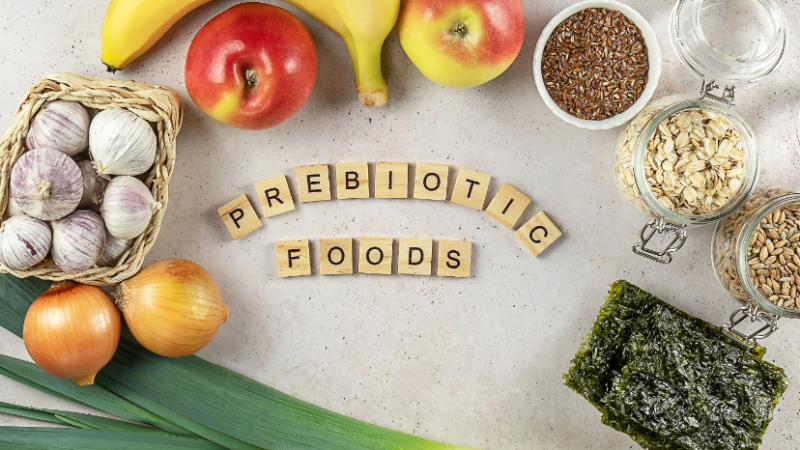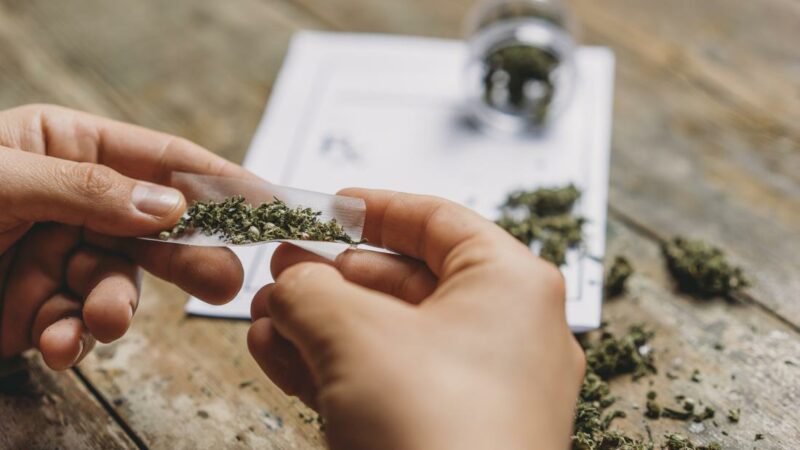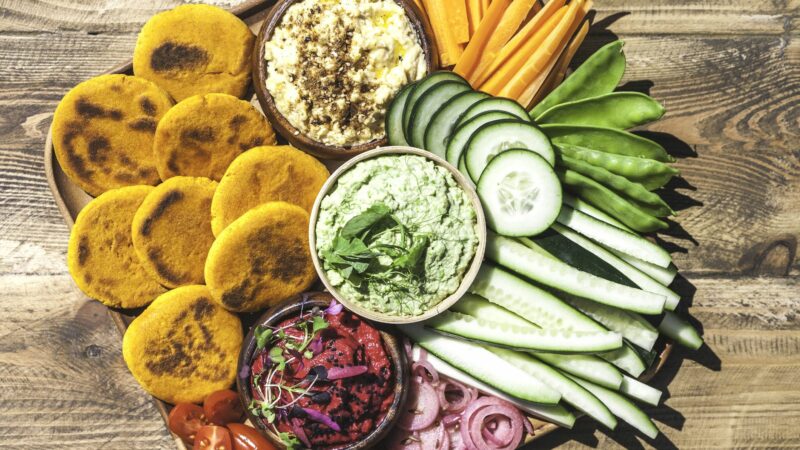Should You Add Butter to Your Coffee?

Butter In Coffee – Coffee has long been a beloved morning ritual for many people worldwide. For some, it’s a simple black brew; for others, it’s a canvas for experimentation.
One trendy coffee addition that has recently gained popularity is adding butter, specifically, a concoction known as “Bulletproof Coffee.” But is this trend worth trying, or is it just another fad?
In this blog, we’ll explore the benefits and drawbacks of adding butter in coffee to help you decide if it fits your morning routine well.
The Bulletproof Coffee Craze
Bulletproof Coffee is the brainchild of Dave Asprey, a biohacker and entrepreneur who claims that this concoction can help improve mental clarity, boost energy levels, and promote weight loss.
The recipe typically involves blending freshly brewed coffee with grass-fed butter and a specialized type of medium-chain triglyceride (MCT) oil derived from coconuts.
The idea behind this blend is that it provides a sustained energy boost and promotes ketosis, a metabolic state where your body burns fat for fuel.
Butter in Coffee Benefits
- Sustained Energy: Proponents of Bulletproof Coffee argue that combining healthy fats from butter and MCT oil can provide a longer-lasting and more even energy release compared to a regular cup of coffee. This can help you stay focused and alert throughout the morning.
- Mental Clarity: Some people report improved mental clarity and cognitive function after consuming Bulletproof Coffee. The theory is that MCT oil provides a quick energy source for the brain.
- Appetite Control: The fats in Bulletproof Coffee may help curb your appetite, potentially leading to reduced calorie intake later in the day. This can be beneficial for those looking to manage their weight.
- Nutrient Intake: Grass-fed butter contains essential nutrients like vitamins A, D, E, and K2 and healthy fatty acids. Adding it to your coffee can be a convenient way to incorporate these nutrients into your diet.
Butter In Coffee Downsides
- High Calorie Content: Bulletproof Coffee can be calorically dense, especially if you add a substantial amount of butter. This may not be suitable for those watching their calorie intake.
- Potential Digestive Issues: Some individuals may experience digestive discomfortss, such as diarrhoea or an upset stomach when consuming MCT oil. It’s essential to start with a small amount and gradually increase it to assess your tolerance.
- Cholesterol Concerns: Butter is a source of saturated fat and dietary cholesterol. While emerging research suggests that saturated fat might not be as harmful as once thought, those with existing cholesterol issues should be cautious.
- Cost: High-quality ingredients, such as grass-fed butter and MCT oil, can be expensive, making Bulletproof Coffee a costly morning habit.
Butter coffee vs. Bulletproof coffee
If you’ve been exploring ways to elevate your morning coffee experience, you might have come across two popular options: butter coffee and Bulletproof coffee. While both involve adding butter to your coffee, there are some key differences between them.
Butter Coffee:
1. Simplicity: Butter coffee is the simpler of the two. It involves adding a small amount of butter in your brewed coffee, typically without any additional ingredients.
2. Minimal Ingredients: Butter coffee usually consists of just coffee and butter. It’s an easy way to enjoy the potential benefits of adding healthy fats to your morning routine.
3. Balanced Flavor: Butter coffee retains the classic flavour with a creamy twist. The butter adds a subtle richness without overpowering the coffee’s taste.
4. Customizable: You can adjust the amount of butter to suit your taste and dietary preferences. Many people start with a teaspoon of grass-fed butter and go from there.
Bulletproof Coffee:
- 1. Dave Asprey’s Invention: Bulletproof Coffee is a branded concept created by Dave Asprey, a biohacker. It involves a specific recipe that includes coffee, grass-fed butter, and MCT oil (typically derived from coconuts).
- 2. Specialized Ingredients: Bulletproof Coffee strongly emphasises using specific, high-quality ingredients. The MCT oil, in particular, is essential for achieving the desired effects, such as sustained energy and mental clarity.
- 3. Frothy and Creamy: When properly blended, Bulletproof Coffee becomes frothy and incredibly creamy, almost resembling a latte. This texture is a trademark of the Bulletproof Coffee experience.
- 4. Targeted Benefits: Bulletproof Coffee is marketed as a performance-enhancing beverage. It provides long-lasting energy, promotes ketosis, and enhances cognitive function.
- 5. Strict Recipe: To make authentic Bulletproof Coffee, you need to follow the precise recipe, which includes specific proportions of coffee, butter, and MCT oil.
Which Should You Choose?
The choice between butter coffee and Bulletproof Coffee largely depends on your preferences, goals, and willingness to invest time and effort into your morning ritual.
Choose Butter Coffee If:
- You prefer a simpler approach to adding butter in coffee.
- You want to enjoy the potential benefits of healthy fats without the added complexity.
- You like the idea of customization and experimenting with different butter-to-coffee ratios.
Choose Bulletproof Coffee If:
- You’re interested in following a specific recipe designed for performance and energy.
- You’re willing to invest in high-quality ingredients like grass-fed butter and MCT oil.
- You enjoy the frothy, latte-like texture that Bulletproof Coffee provides.
- You’re looking for a convenient way to incorporate MCT oil into your diet for potential cognitive benefits.
Ultimately, butter coffee and Bulletproof Coffee can be enjoyable additions to your morning routine. It’s essential to consider your personal preferences, dietary goals, and the time you’re willing to invest when choosing. Regardless of your decision, remember that moderation and balance in your overall diet are key to maintaining a healthy lifestyle.
Conclusion
Adding butter in coffee in the form of Bulletproof Coffee is a practice with both potential benefits and drawbacks. While some individuals swear by its ability to provide sustained energy and improve mental clarity, others may find it too high in calories or experience digestive issues.
Ultimately, whether you should add butter to your coffee depends on your individual preferences and dietary goals. If you’re curious, it’s worth trying in moderation to see how your body responds. However, it’s crucial to maintain a balanced diet overall and consult with a healthcare professional if you have specific health concerns or dietary restrictions.
Remember that there is no one-size-fits-all answer to the question of whether butter belongs in your coffee cup. As with many dietary choices, what works for one person may not work for another. So, experiment responsibly, listen to your body, and make choices that align with your overall health and wellness goals.
FAQs:
1. What is butter coffee?
Butter coffee, also known as “buttered coffee,” is a beverage made by blending coffee with butter. It has gained popularity for its potential to provide sustained energy and mental clarity, among other claimed benefits.
2. Why do people add butter to coffee?
People add butter to coffee for various reasons, including potential benefits like extended energy, improved focus, and appetite control. The practice is often associated with the Bulletproof Coffee trend.
3. What kind of butter should I use in coffee?
Many proponents of butter coffee recommend using grass-fed butter because it contains higher levels of nutrients like vitamins A, D, E, and K2, as well as omega-3 fatty acids. Grass-fed butter is also believed to have a better flavor.
4. Can I use regular butter instead of grass-fed butter?
Yes, you can use regular butter in your coffee if you prefer or have dietary restrictions. However, grass-fed butter is often favored for its potential health benefits.
5. How much butter should I add to my coffee?
The amount of butter you add to your coffee is a matter of personal preference. Some people start with a teaspoon and adjust according to taste. It’s essential not to overdo it, as butter is calorie-dense.





